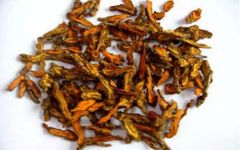Aspirin, one of the three classic drugs in Western medicine, has been in use for over a century. It has numerous medicinal effects, including antipyretic, analgesic, anti-inflammatory, anti-rheumatic, and anti-platelet aggregation properties, and it also has certain effects on cancer cells.
In the realm of Traditional Chinese Medicine (TCM), there is also a herb with a wide range of medicinal effects, and that is Huang Lian (Coptis chinensis).
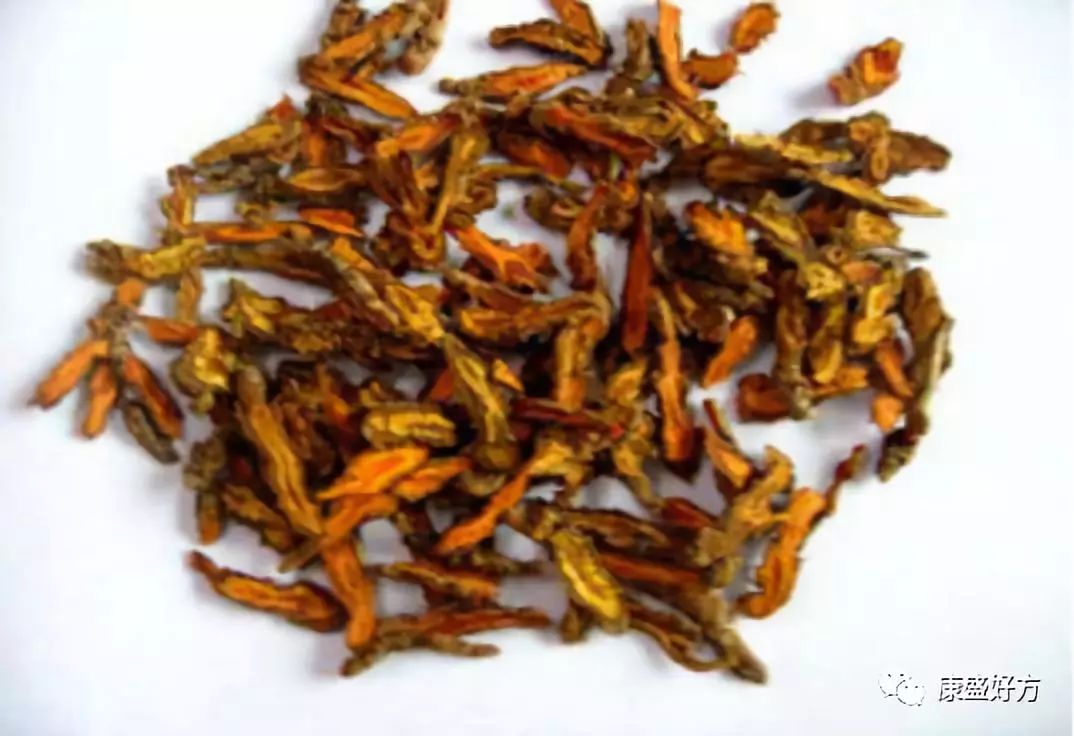
“The mute eats Huang Lian, unable to express the bitterness.” Huang Lian is a well-known herb, widely used both domestically and internationally. With the continuous advancement of modern research, new medicinal effects are being discovered, drawing increasing attention. Besides clearing heat and detoxifying, what other effects does Huang Lian have?
Main Components
Berberine (小檗碱, huáng lián sù), coptisine (黄连碱, huáng lián jiǎn), methyl berberine (甲基黄连碱, jiǎ jī huáng lián jiǎn), palmatine (巴马亭, bā mǎ tǐng), and coptis alkaloids (黄连宁, huáng lián níng).
Properties and Meridian Entry
Bitter in taste and cold in nature, it enters the Heart, Liver, Gallbladder, Spleen, Stomach, and Large Intestine meridians.
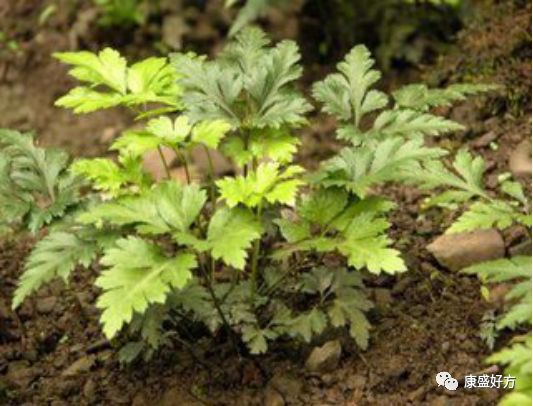
Indications and Efficacy
Clears heat and dries dampness, drains fire and detoxifies. It is used for damp-heat stagnation, vomiting with sour regurgitation, diarrhea, jaundice, high fever with delirium, excessive heart fire, irritability and insomnia, palpitations, blood heat with vomiting of blood, red eyes, toothache, diabetes, and carbuncles; externally for eczema, damp sores, and purulent ear discharge. Huang Lian is effective in clearing heat from the upper jiao, used for red eyes and oral ulcers. Ginger Huang Lian harmonizes the stomach and stops vomiting, used for cold-heat counterflow and damp-heat obstruction with fullness and vomiting. Yu Huang Lian soothes the liver and harmonizes the stomach to stop vomiting, used for liver-stomach disharmony with sour regurgitation.
Anti-inflammatory Effects
The methanol extract of Huang Lian has anti-inflammatory effects on various experimental paw edema and granuloma in rats, and local application can also reduce the development of granuloma, with effects similar to those of dexamethasone. Both oral and subcutaneous administration of berberine exhibit anti-acute inflammatory effects.
Inhibition of Platelet Aggregation
Research shows that the San Huang He Ji (三黄合剂, consisting of Huang Qi (黄芪, huáng qí), Huang Lian (黄连, huáng lián), and Huang Qin (黄芩, huáng qín)) inhibits ADP (adenosine diphosphate)-induced platelet aggregation in rats, and in vitro tests can inhibit ADP and ADR (adrenaline)-induced platelet aggregation. Its effective rate for patients with high platelet aggregation is 88.7%, comparable to enteric-coated aspirin at 50 mg/day.
Cardiovascular Effects
At low concentrations, berberine stimulates isolated cat hearts and increases coronary blood flow by 20% to 40%. Berberine and tetrahydroberberine protect against myocardial ischemia and have anti-arrhythmic effects. Berberine also has blood pressure-lowering effects.
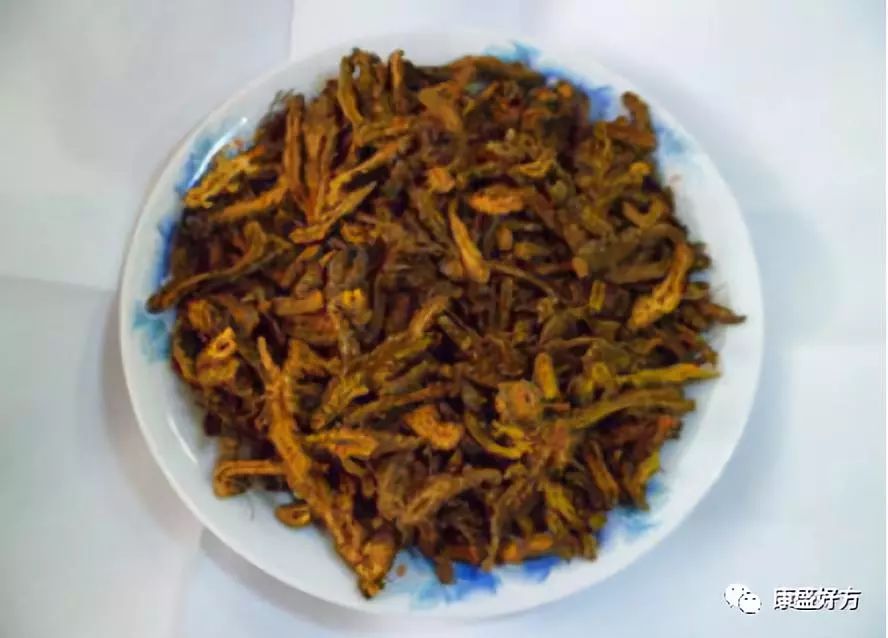
Anti-cancer Effects
Researchers have found that single herb Huang Lian has inhibitory effects on nasopharyngeal carcinoma and cervical cancer in nude mice. In experiments, the inhibition rate for nasopharyngeal carcinoma reached 86.3%, and for cervical cancer, it reached 77.0%. Additionally, studies have shown that Yi Qi Jie Du Pian (益气解毒片, a compound of Huang Lian) can inhibit the expression of genes in nasopharyngeal carcinoma cells in vitro while inducing the expression of certain specific genes, thereby inhibiting the proliferation of nasopharyngeal carcinoma cells.
Inhibition of Gastric Injury
Berberine and oxidized berberine with methylenedioxy groups at C-9 and C-10 can inhibit the formation of gastric injury, and this effect is dose-dependent. Thus, Huang Lian has anti-ulcer effects against ethanol-induced damage, related to the presence of methylenedioxy groups on the C-9 and C-10 positions of berberine-type alkaloids.
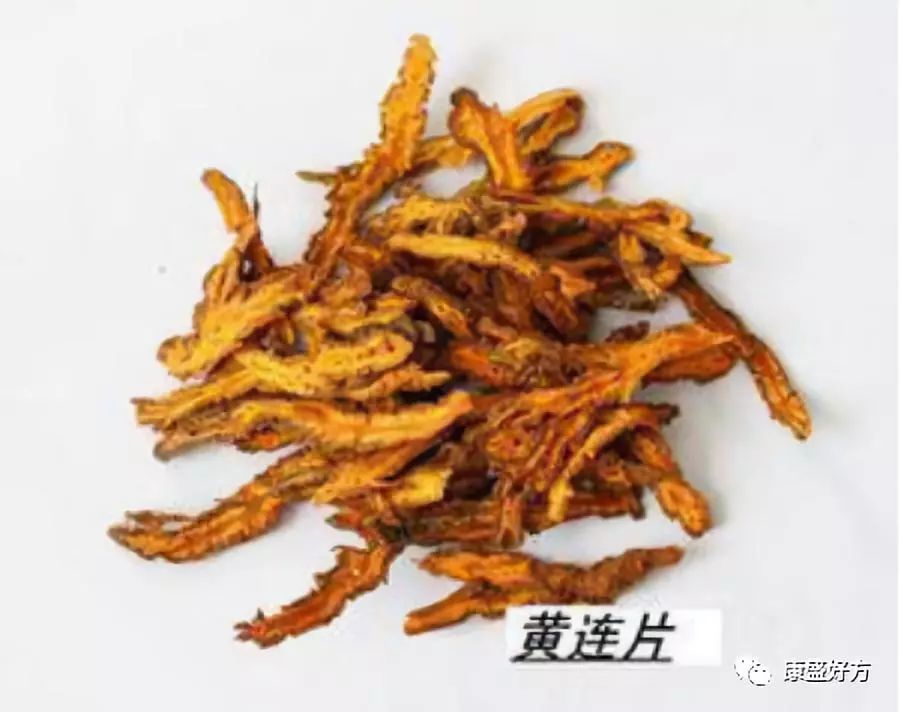
Blood Sugar Lowering Effects
Administering Huang Lian decoction at 1 gram per kilogram or more can lower blood sugar in normal mice, showing a certain dose-response relationship. It has also been shown that berberine does not affect insulin secretion and release, nor does it affect the number and affinity of insulin receptors in liver cells; its action may be a post-receptor effect. Berberine may lower blood sugar by inhibiting gluconeogenesis and promoting glycolysis.
Choleretic Effects
Berberine has choleretic effects, increasing bile secretion in anesthetized cats to a moderate degree, lasting about 1 hour before gradually returning to normal.
Antimicrobial Effects
In vitro experiments have shown that Huang Lian and berberine (黄连素, huáng lián sù) have similar antibacterial effects, inhibiting Staphylococcus aureus, hemolytic streptococcus, pneumococcus, meningococcus, Vibrio cholerae, Shigella, Bacillus anthracis, Corynebacterium diphtheriae, Bordetella pertussis, Yersinia pestis, Brucella, Clostridium tetani, Mycobacterium tuberculosis, and others. Berberine exhibits bacteriostatic effects at low concentrations and bactericidal effects at high concentrations, inhibiting various influenza viruses and Newcastle disease viruses. It also shows broad and significant inhibitory effects on more than a dozen common pathogenic fungi in vitro and in vivo, and has anti-amoebic effects.
The mechanisms of Huang Lian and berberine’s antimicrobial effects have yet to be elucidated. It has been reported that berberine strongly inhibits the oxidative decarboxylation of pyruvate in yeast and bacterial carbohydrate metabolism. Its antibacterial effects can be antagonized by vitamin B, PP, and p-aminobenzoic acid. For fungi, it may act on the fungal cell membrane, altering its selective permeability, leading to diffusion into the cell and binding with phospholipid components of the nuclear envelope, resulting in the disappearance of organelles.
It is surprising that Huang Lian has so many medicinal effects, and we look forward to these effects being applied in clinical practice soon!

